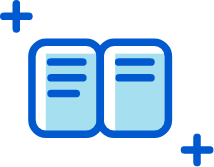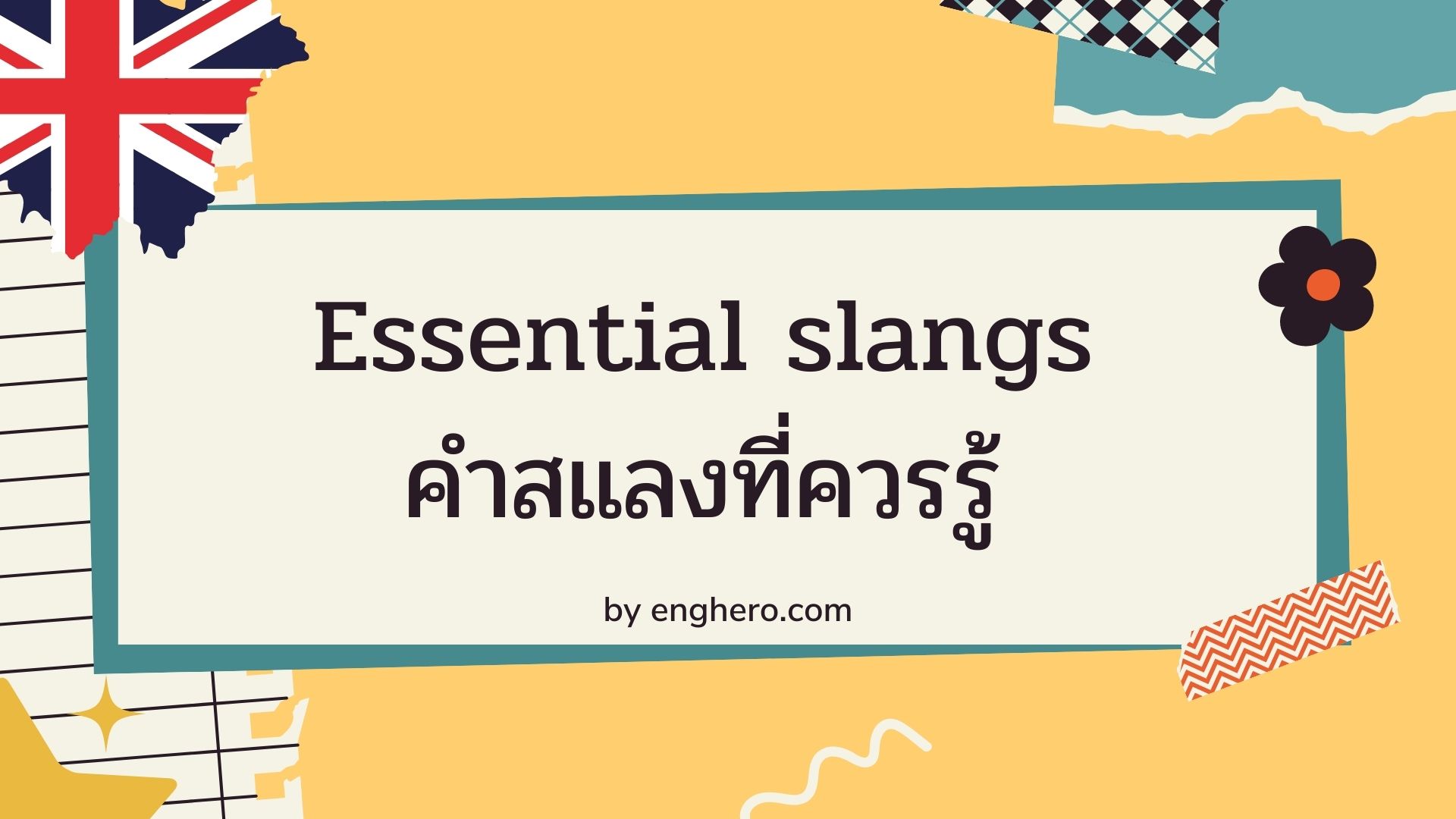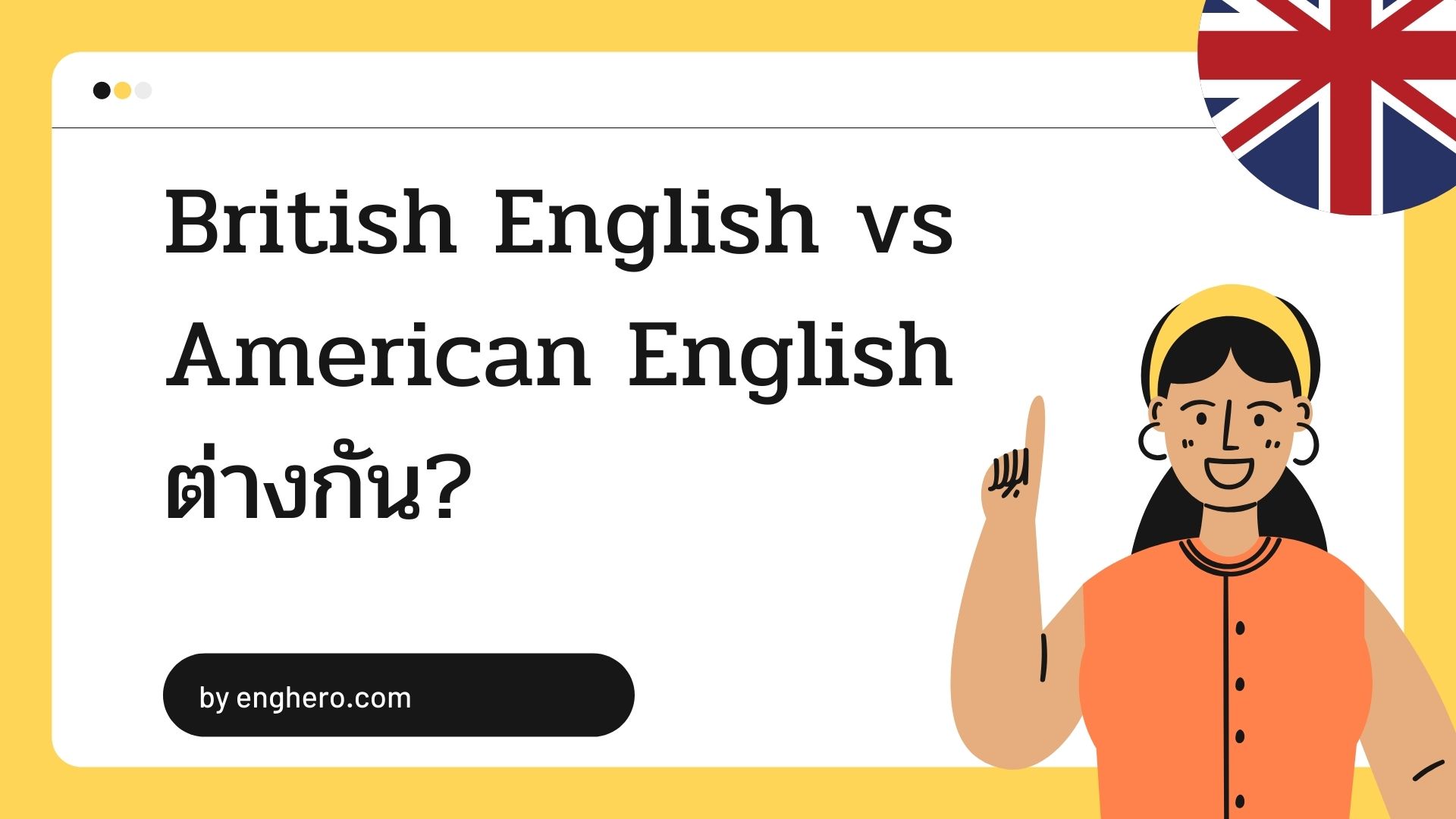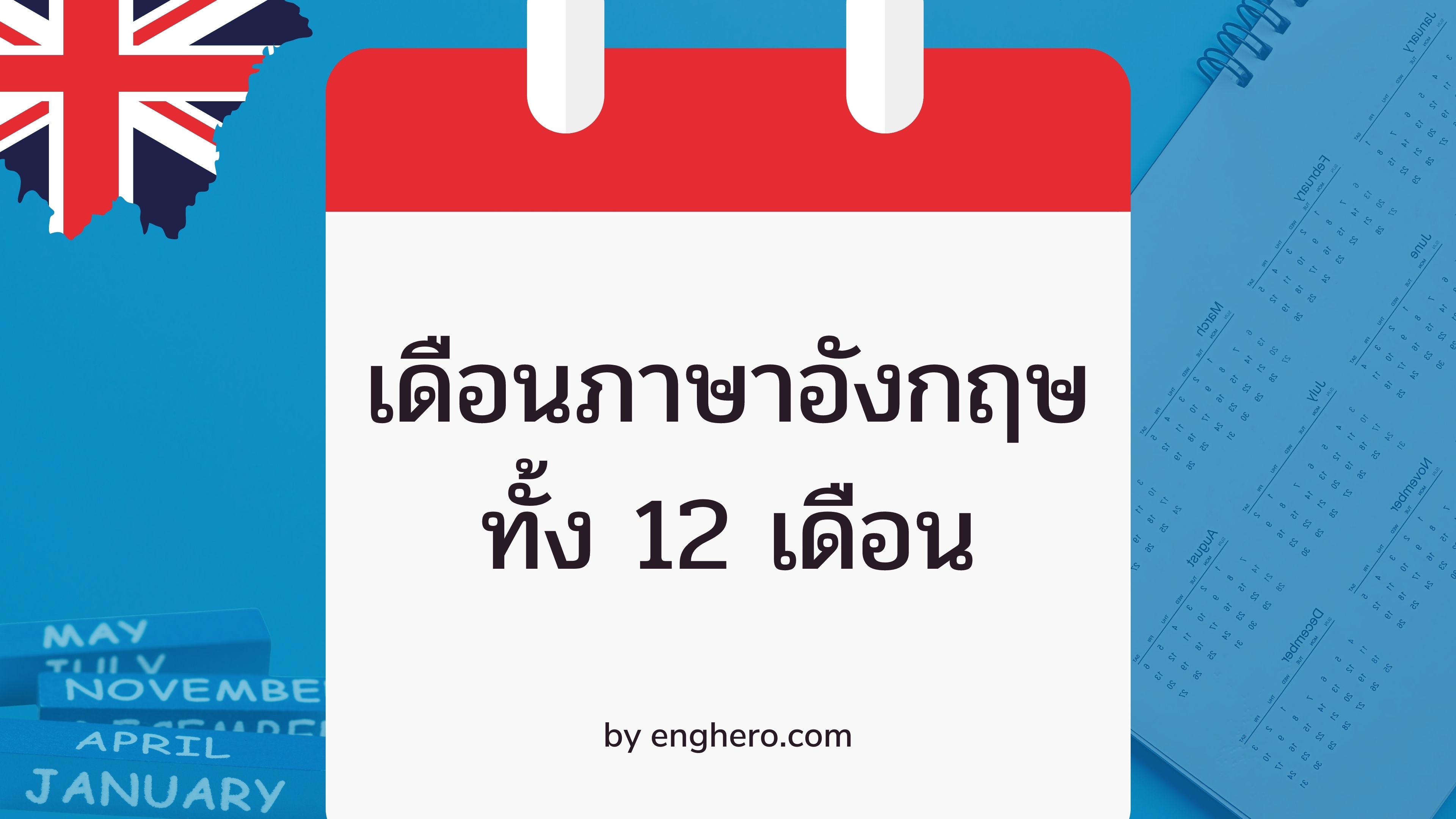Clauses ประโยคย่อย หรือ อนุประโยค
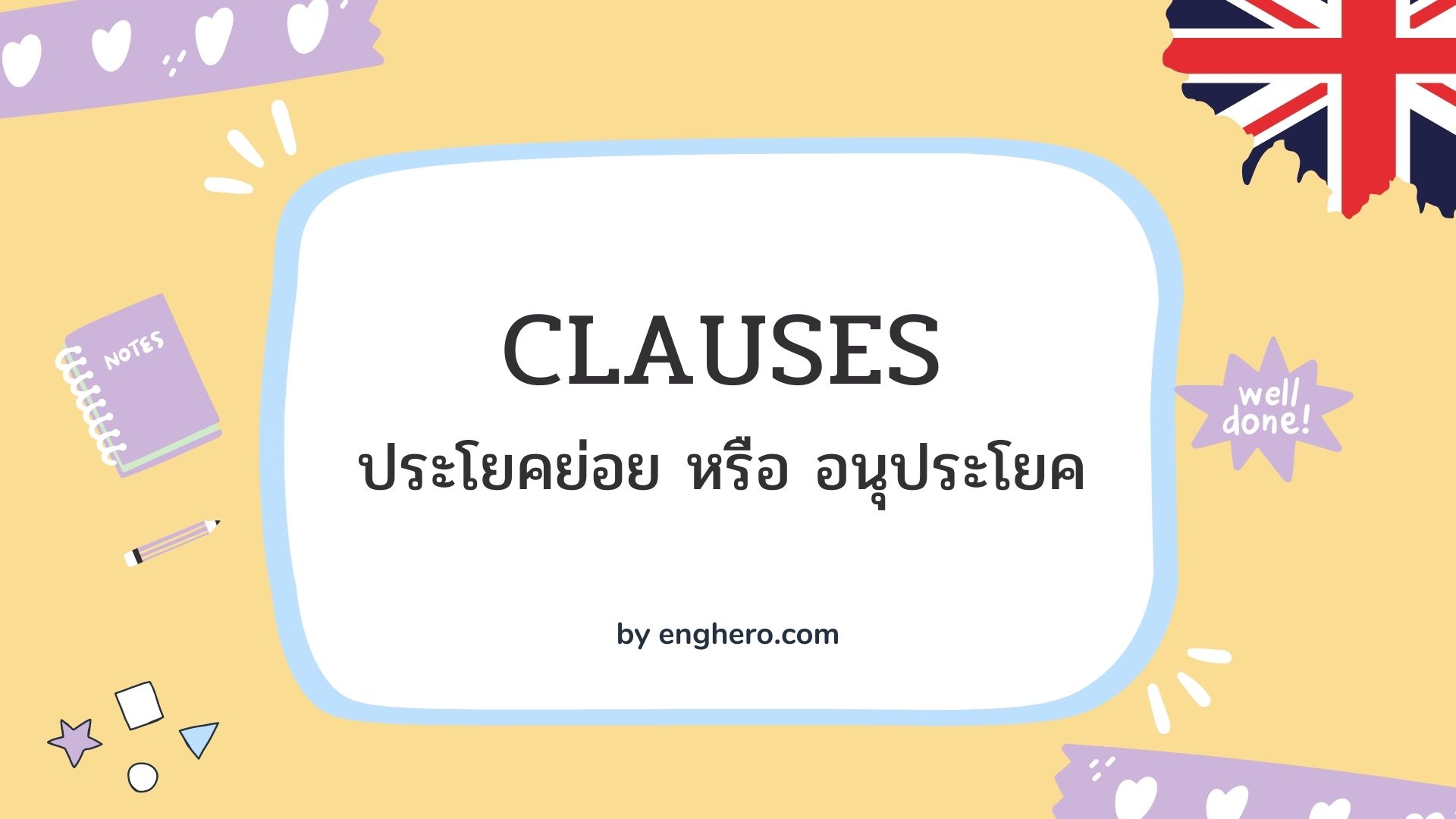
เนื้อหาในหน้านี้
ประโยคย่อย หรือ อนุประโยค (clauses) คือประโยคที่เป็นส่วนหนึ่งของ compound หรือ complex sentences หรืออนุประโยค ที่เป็นกลุ่มคำซึ่งมีประธานและกริยาในประโยค แต่มีใจความไม่สมบูรณ์ในตัวเอง จึงไม่สามารถใช้โดยลำพังได้ ต้องอาศัยใจความจากประโยคหลักเข้ามาช่วย หรืออีกนัยหนึ่ง clause ก็คือประโยคที่ซ่อนอยู่ในประโยคนั่นเอง clause อาจใช้เสมือนเป็น noun, adjective หรือ adverb ก็ได้
ตัวอย่าง ประโยคย่อย หรือ อนุประโยค
- ประโยค My sister arrived early in the morning, and my brother arrived at noon.
ประกอบด้วยประโยคย่อย 2 ประโยคต่อไปนี้ โดยเชื่อมเข้ากันด้วย and
1) My sister arrived early in the morning.
2) My brother arrived at noon.
-ประโยค The woman who is standing over there is my boss.
ประกอบด้วยประโยคย่อย 2 ประโยคต่อไปนี้
1) The woman is my boss.
2) Who is standing over there.
ประโยคย่อย Who is standing over there ทำหน้าที่ขยายความ the woman เพื่อให้เกิดความชัดเจนยิ่งขึ้นว่าเป็นผู้หญิงคนไหน
ประเภทของประโยคย่อย
ประโยคย่อยอาจแบ่งออกเป็น 2 ประเภทใหญ่ ๆ คือ ประโยคย่อยอิสระ และประโยคย่อยไม่อิสระ
- ประโยคย่อยอิสระ (independent clause)
คือ ประโยคย่อยที่สามารถอยู่ได้ตามลำพัง กล่าวคือ เป็นประโยคย่อยที่ได้ใจความสมบูรณ์ โดยไม่ต้องอาศัยประโยคย่อยอื่น
ตัวอย่าง
My sister arrived early this morning.
My brother arrived at noon.
- ประโยคย่อยไม่อิสระ (dependent clause)
คือ ประโยคย่อยที่อยู่ตามลำพังไม่ได้ เช่น ประโยคย่อย Who is standing over there. ที่ทำหน้าที่ขยายความ The woman ในประโยค The woman who is standing over there is my boss.
ประโยคย่อยไม่อิสระ อาจแบ่งออกเป็น 3 ประเภทคือ
2.1 noun clause คือ ประโยคย่อยที่ขึ้นต้นด้วย noun clause marker เช่น that, whether, if และ question words ซึ่งได้แก่ who, what, when, where, why, which และ how ประโยคย่อยประเภทนี้ทำหน้าที่เหมือนคำนาม เช่น ทำหน้าที่ประธาน กรรม เป็นต้น
ตัวอย่าง
What you said is true. (What you said ทำหน้าที่ประธานของประโยค)
I believe that Jack is innocent. (that Jack is innocent ทำหน้าที่กรรมของประโยค)
Please let me know if (หรือ whether) you can come to my birthday party on Sunday night. (if / whether you can come to my birthday party on Sunday night ทำหน้าที่กรรมของกริยา know)
2.2 adjective clause หรือ relative clause คือ ประโยคย่อยที่ขึ้นต้นด้วย relative pronouns เช่น who, which, that, etc. ประโยคย่อยชนิดนี้จะทำหน้าที่เช่นเดียวกับคำคุณศัพท์
ตัวอย่าง
The boy who came late is my nephew. (who came late ทำหน้าที่ขยาย The boy)
2.3 adverb clause คือ ประโยคย่อยที่ขึ้นต้นด้วยคำสันธาน ที่เรียกว่า subordinate conjunction ซึ่งทำหน้าที่ต่าง ๆ เช่น
2.3.1 บอกเวลา ได้แก่ when, while, before, after, etc.
2.3.2 บอกเงื่อนไข ได้แก่ if, unless, provided, after, etc.
2.3.3 บอกวัตถุประสงค์ ได้แก่ so that, in order that, etc.
2.3.4 บอกความขัดแย้ง ได้แก่ although, though, even if, etc.
2.3.5 บอกสถานที่ ได้แก่ where, wherever, etc.
2.3.6 บอกลักษณะ ได้แก่ as if, as though, etc.
2.3.7 บอกการเปรียบเทียบ ได้แก่ as…as, etc.
2.3.8 บอกสาเหตุ ได้แก่ because, etc.
2.3.9 บอกผล ได้แก่ so, etc.
ตัวอย่าง
-I will go when I have finished my work.
(when I have finished my work ทำหน้าที่บอกเวลา)
-If it snows, we will stay indoors.
(If it snows ทำหน้าที่บอกเงื่อนไข)
- I read the newspaper every day so that I know what is going on.
(so that I know what is going on ทำหน้าที่บอกวัตถุประสงค์)
-Although John is poor, he is happy.
(Although John is poor ทำหน้าที่บอกความขัดแย้ง)
-I want to live where it is really quiet.
(where it s really quiet ทำหน้าที่บอกสถานที่)
-She talked as if she had seen the accident herself.
(as if she had seen the accident herself ทำหน้าที่บอกลักษณะ)
-I walked as fast as I could.
(as fast as I could ทำหน้าที่บอกการเปรียบเทียบ)
-Mary did not pass the final exam because she did not study for it at all.
(because she did not study for it at all ทำหน้าที่บอกสาเหตุ)
-Sumalee wants to be able to speak English fluently, so she attends classes at the British Council every day.
(so she attends classes at the British Council every day ทำหน้าที่บอกผล)
จากตัวอย่าง clause ข้างต้น จะสังเกตได้ว่าอนุประโยคเหล่านี้ไม่สามารถใช้โดยลำพังได้ และบางที clause อาจสั้นจนดูเหมือนเป็นวลี
เช่น When (you are) in doubt, ask your teacher.
We shall fight, if (it is) necessary.
ที่มา: http://www.stou.ac.th/

พูดคุย
ร่วมให้กำลังใจหรือติชม

